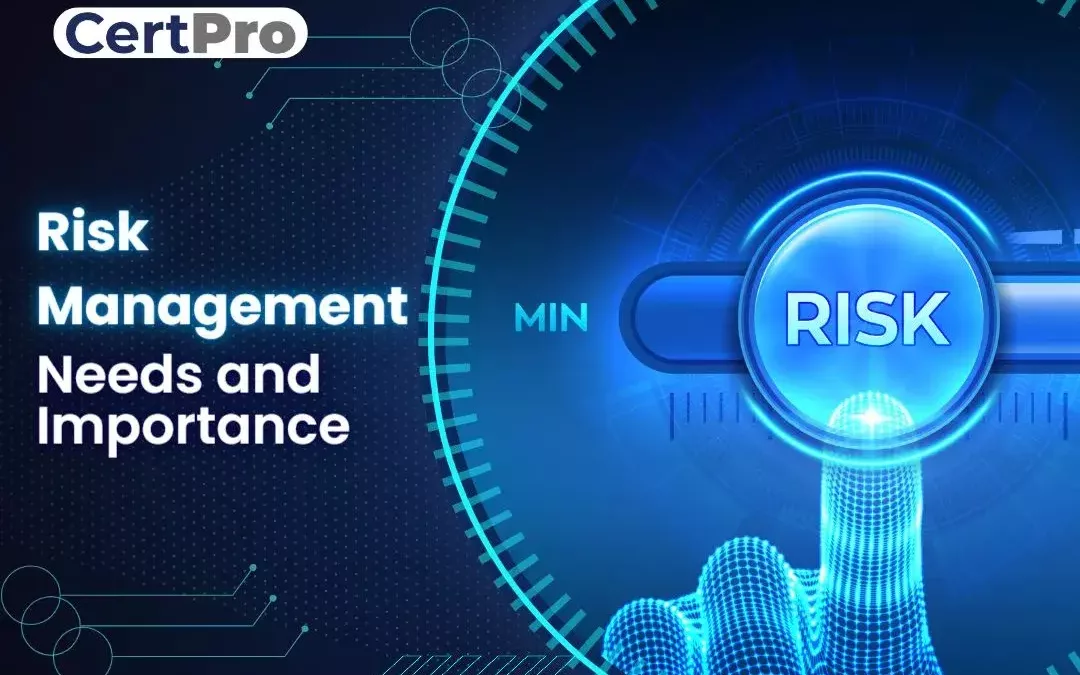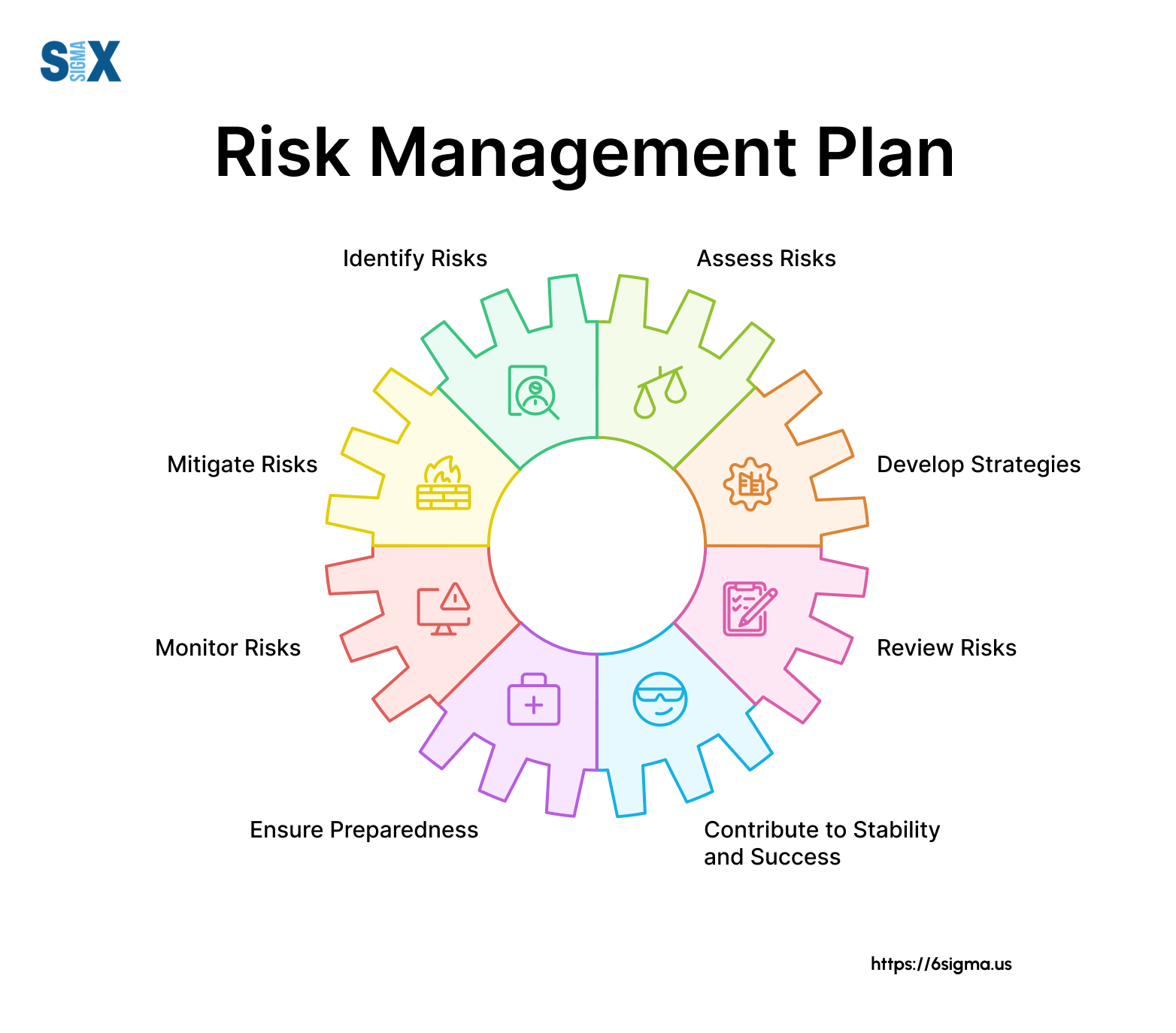Exploring the Enduring Benefits and Importance of Risk Management for Entrepreneurs
Exploring the Enduring Benefits and Importance of Risk Management for Entrepreneurs
Blog Article
Checking out the Significance of Risk Management for Effective Decision-Making Strategies
In the complex globe of company, Risk Management becomes a vital element in the decision-making procedure. The capacity to identify prospective dangers and chances, and strategize appropriately, can spell the distinction between success and failure. With devices such as SWOT and PESTEL, companies are outfitted to make enlightened options, promoting resilience and adaptability in an ever-changing setting. Wondering just how this works? Allow's unpack the characteristics additionally.
Understanding the Principle of Risk Management
Risk Management, a critical part in decision-making, is frequently misconstrued or oversimplified. Typically, it describes the recognition, evaluation, and prioritization of risks to lessen, keep an eye on, and regulate the chance or effect of unfortunate occasions. However, it's not just regarding protecting against adverse outcomes, however likewise concerning acknowledging prospective chances. Risk Management entails self-displined and organized methods, utilizing data and insightful evaluations. It needs a detailed understanding of the organization's context, goals, and the possible risks that can obstruct them. From economic unpredictabilities, legal liabilities, tactical Management mistakes, to crashes and natural catastrophes, it deals with different risks. Importantly, effective Risk Management is not stationary; it's a constant, progressive procedure that advances with transforming situations.
The Function of Risk Management in Decision-Making Processes
In the world of tactical preparation and company procedures, Risk Management plays an important role in decision-making procedures. Risk Management therefore comes to be an essential device in decision-making, aiding leaders to make enlightened options based on a detailed understanding of the dangers included. Risk Management serves as an important element in the decision-making processes of any type of company.

How Risk Management Improves Strategic Planning
In the context of tactical preparation, Risk Management plays a pivotal function. Starting with the recognition of potential risks, it better encompasses the execution of Risk reduction actions. The function of Risk Management is not fixed yet vibrant, as it requires continuous monitoring and adjusting of methods.
Recognizing Prospective Threats

Implementing Risk Mitigation
Risk reduction methods can range from Risk avoidance, Risk transfer, to take the chance of reduction. Each method should be tailored to the certain Risk, considering its prospective effect and the company's Risk tolerance. Efficient Risk mitigation calls for a deep great site understanding of the Risk landscape and the possible impact of each Risk.
Tracking and Changing Methods
Though Risk reduction is an important action in critical preparation, continual surveillance and adjustment of these strategies is just as crucial. This continuous procedure enables organizations to determine brand-new dangers and reassess existing ones, ensuring the implemented techniques stay reliable in the ever-changing service setting. It additionally supplies a possibility to assess the success of the Risk Management actions, enabling changes to be made where essential, more improving tactical planning. Efficient surveillance and change need the usage of analytics and crucial efficiency signs (KPIs) to determine performance. These devices offer beneficial data-driven insights that can notify tactical decision-making. Consequently, surveillance and adjusting Risk Management methods is a vital part for boosting have a peek at this site a company's resilience and tactical preparation.
Case Studies: Successful Risk Management and Decision-Making
In the globe of business and finance, effective Risk Management and decision-making frequently work as the columns of flourishing ventures. One such entity is an international oil business that reduced financial loss by hedging against fluctuating oil rates. In an additional circumstances, a technology startup flourished by determining and accepting risky, high-reward approaches in an unstable market. A global bank, faced with regulatory unpredictabilities, effectively navigated the scenario via positive Risk analysis and vibrant decision-making. These cases highlight the worth of astute Risk Management in decision-making processes. It is not the lack of Risk, yet the Management of it, that typically distinguishes successful business from unsuccessful ones. These instances highlight the important function of Risk Management in calculated decision-making. importance of risk management.
Devices and Techniques for Reliable Risk Management
These devices, such as Risk registers and warm maps, help in determining and analyzing possible threats. Risk feedback approaches, a vital part of Risk Management, entail approving, staying clear of, moving, or mitigating threats. With these techniques and tools, decision-makers can browse the facility landscape of Risk Management, consequently facilitating informed and reliable decision-making.
Future Fads in Risk Management and Decision-Making Methods
As we discover the huge landscape of Risk Management, it comes to be apparent that the strategies and devices utilized today will continue to develop. The idea of Risk culture, where every participant of a company is aware and included in Risk Management, will obtain more prominence. These trends proclaim an even more aggressive and inclusive strategy important link in the direction of Risk Management and decision-making.
Final thought

Risk Management thus becomes a vital device in decision-making, aiding leaders to make educated options based on an extensive understanding of the risks entailed. Risk mitigation techniques can range from Risk evasion, Risk transfer, to run the risk of decrease (importance of risk management). Efficient Risk reduction needs a deep understanding of the Risk landscape and the prospective effect of each Risk. Risk feedback methods, an essential component of Risk Management, entail approving, avoiding, moving, or mitigating risks. The concept of Risk culture, where every participant of an organization is mindful and involved in Risk Management, will certainly get more prestige
Report this page